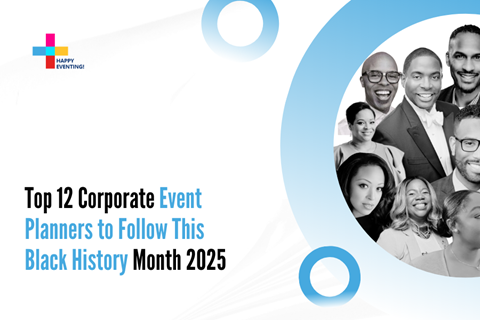

As the event venue starts clearing up, the on-site team wraps up everything, and the housekeeping services take over the place, you might think it's time to put your feet up. However, there's one crucial task left to tackle: post-event surveys.
When it comes to generating responses through these surveys, the first challenge isn't distributing them but rather the carelessness that often goes into planning the survey and its questions. Many event planners and organizers view post-event surveys as a mere formality due to historically low response rates. Some even believe that attendee input doesn't matter because their organization doesn't host events frequently. However, did you know that post-event surveys can provide key insights that help justify event performance to sponsors, in addition to ROI calculations?
In our previous blog, we emphasized the importance of post-event engagement, specifically through surveys or feedback.
The Science Behind Post-Event Surveys
Customers now hold a dominant position across industries, and businesses must make them feel valued. A carefully planned post-event survey serves multiple purposes:
Why Doesn't Your Post-Event Survey Work?
If we had to pinpoint one reason why surveys usually have a low response rate, it would be survey fatigue. Whether it's on YouTube, a streaming platform, a landing page, or even a checkout counter in a store, survey forms are everywhere, hoping to gather responses for improving future user experiences.
Interestingly, despite the prevalence of survey fatigue and low response rates, the significance of surveys for event evaluation remains high. Even an average response rate of 20-30% is considered acceptable.
So, how can you ensure you receive optimal feedback from your attendees? By avoiding these post-event survey mistakes:
5 Tips for Creating Effective Event Surveys
Post-event surveys generate long-term benefits in various ways. Here's a guide to ensure your next survey engages attendees and avoids common mistakes made by event organizers:
An intelligently designed survey is a measure of any event's success. By making your surveys interesting, you not only achieve that goal but also enhance the attendee experience, engaging them even after the event is over.
Schedule a demo with our team for all-in-one event management solutions: https://bit.ly/3BX2tUO

Networking is one of the most valuable ways to discover boundless opportunities and for 77.7% of business professionals , in-person conferences open a greater scope to make rewarding connections.

When planning a healthcare fair, the goal goes beyond booking a venue and sending out invites. You’re creating an event that brings together healthcare professionals, researchers, and exhibitors, all seeking value and...

Diversity and inclusion are at the heart of the events industry, where planners are focused on creating experiences that bring together people from all walks of life.